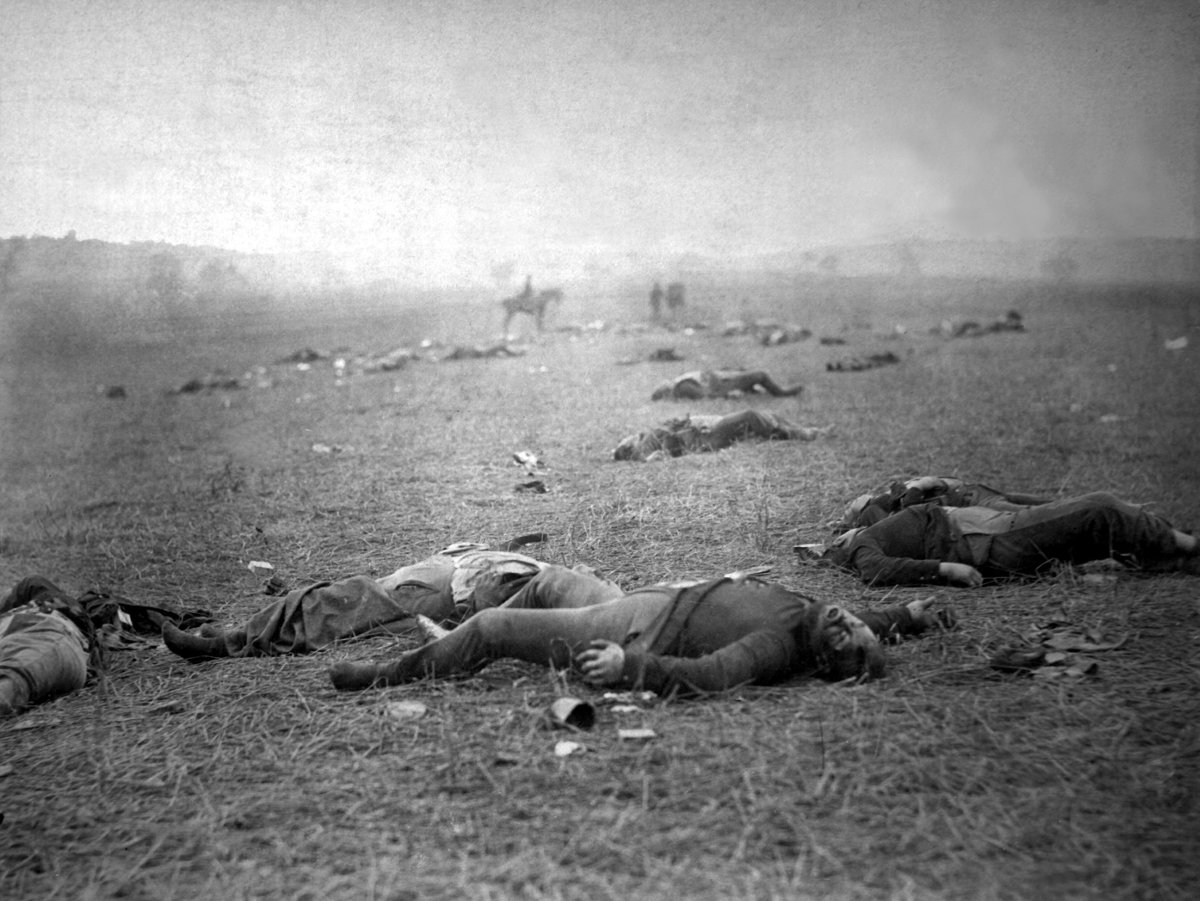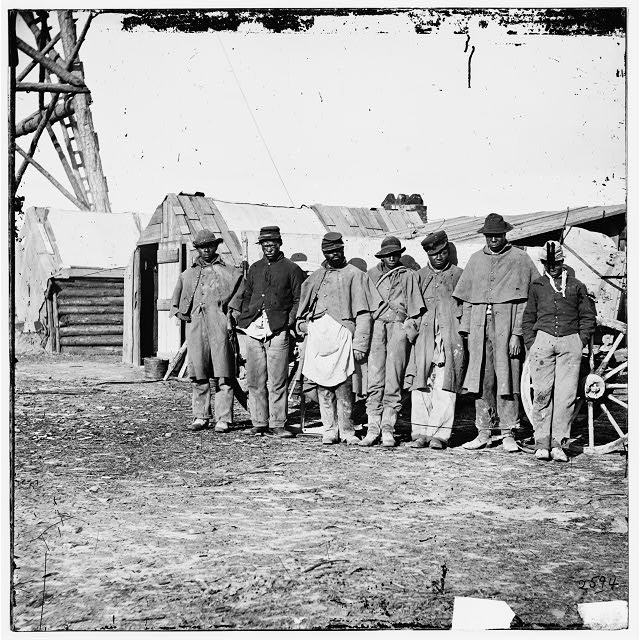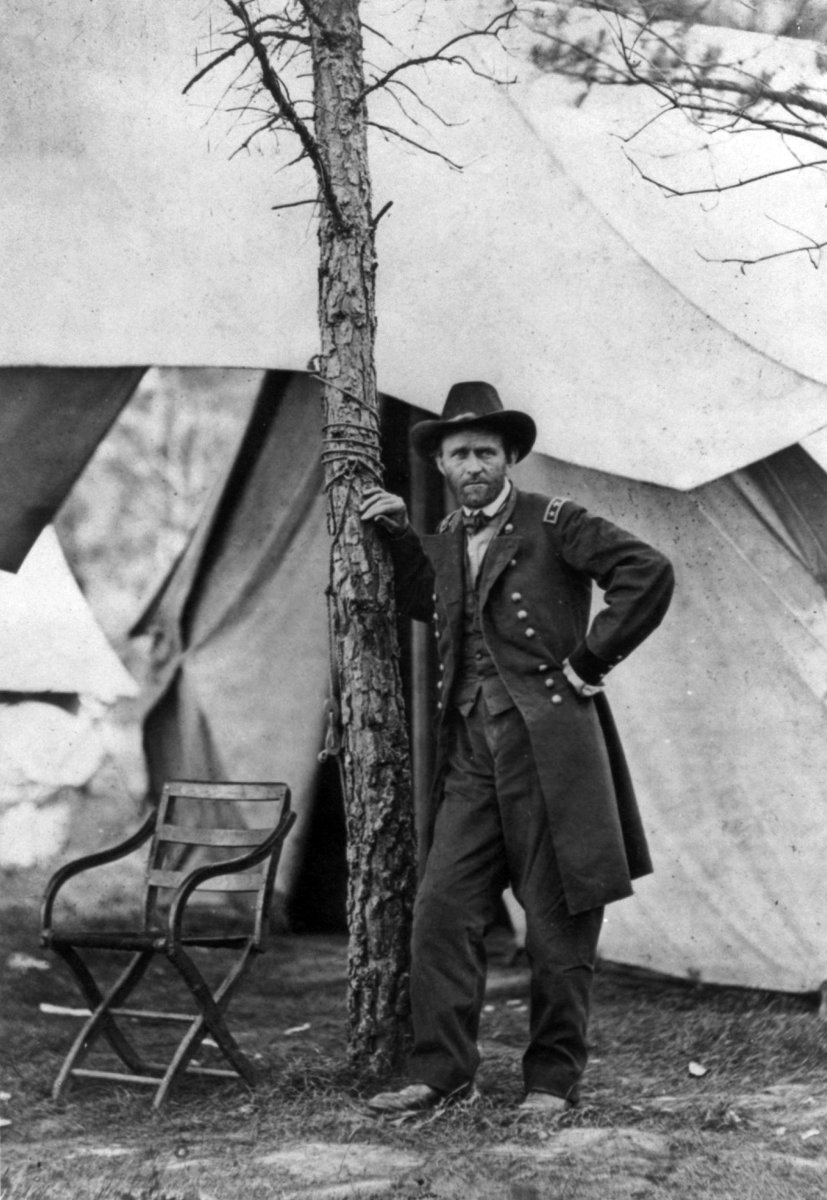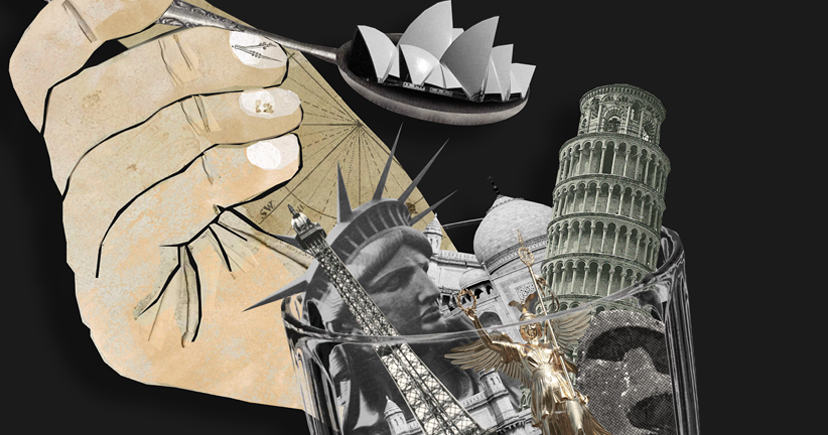I just finished plowing through all 959 pages of Ron Chernow’s biography of Ulysses S. Grant. The New York Times reviewed the book as vast, panoramic, and essential with an eerie resemblance to our current times. For me, it was like a guided tour through the Civil War and three Presidencies: Abraham Lincoln, Andrew Johnson, and Grant.
This book not only made the top five non-fiction list for 2017, but also the top ten for business books because of its revealing stories about leadership.
The book describes in graphic detail the gory deaths of 750,000 Union and Confederate soldiers. Not individual accounts, of course, but the litany of battles that resulted in such carnage. In truth, each of those lives had a story to tell—we sometimes forget that when we tally body counts. The underlying theme throughout the book, however, is that the Civil War may have been initiated because of the sovereignty issue but ended up being all about slavery and the ruthless resistance of the South and the Ku Klux Klan in the fight against abolition. The good news is that four million slaves were emancipated as a result of the Civil War. The bad news is that a large percentage of our population is still raging a war on civil rights.

If you want to deepen your understanding of the Civil War, two pivotal Presidents (Lincoln and Grant), and the lingering fight against Reconstruction, I highly recommend this book. In this post, I am going to focus specifically what Grant can teach us about three major aspects of leadership: character, competency, and communications.
The first lesson of leadership is that character counts.
At his core, Grant was humble, self-effacing, authentic, honest, bold, daring, initiative, compassionate, and generous.
Chernow paints a picture of Grant as someone who rarely engaged in self-promotion, who looked more like a gritty grunt than a glorious general, who was less interested in style than substance, who did what he had to do to get a job done, and who looked out for the people under his command.
He didn’t hold grudges. He didn’t brag about his victories or demean his opponents. Did he have faults? Of course. He fought a lifetime battle with alcoholism and binge drinking, but welcomed strict monitoring by family and friends. He took a reactionary stance to a few Jewish profiteers and issued an anti-semitic order, but he profusely apologized for his bigoted remarks after his inappropriate action. More importantly, he was honest about his mistakes and shortcomings, open to changing them, and sought to learn and grow. His character inspired the troops under his command and the people who knew him well. Effective leadership requires strong character.

The second lesson of leadership is that leaders need to know and grow the competencies required for the job for which they are chosen.
The meta-competencies of leadership are Identify, Build, and Drive.
Effective leaders identify strategic opportunities and anticipate game-changing trends. Grant rose to the rank of Commanding General of the Union Army because he had a strategic perspective of the entire war and had the uncanny ability to anticipate how opposing generals would respond to his tactical initiatives. Robert E. Lee eventually surrendered at Appomattox in 1869 because Grant had systematically cut off all of his supply routes and precluded him from joining forces with the other Confederate armies. Grant’s defining characteristic was his determination to seize every opportunity to advance his positioning particularly after a hard-fought battle. He didn’t rest on his laurels. He didn’t languish in his victories. He simply pressed on.
And he didn’t do it from the comfort of General Quarters, he did it on the battlefield at great risks to his life. He was an exemplary equestrian and a brilliant quartermaster. He always took great care to ensure his troops were well supplied and fed. He was faulted for needlessly sacrificing thousands of troops in unwinnable confrontations, but he owned his mistakes and genuinely suffered from the unintended consequences of his decisions.
Effective leaders build high-performing teams, agile organizations, and systematic processes to achieve specific objectives. Grant was able to rapidly shape raw recruits into functional fighting forces passionately mobilized by the Union cause. He also led the way to integrating ex-slaves into the Army and training them in the skills they needed to succeed during and after the war. He treated his black soldiers respectfully and demonstrated by example that the Confederate belief in the inferiority of “colored” was evil and wrong.
By staying close to the action, Grant was able to issue orders on the spot to take advantage of a weakness or to exploit an opportunity. While his troops were engaged in rapid fire combat, he was issuing rapid-fire commands that shifted entire regiments in response to rapidly changing conditions. He attended to voluminous details, and he always made sure all of the plans were aligned with the mission. Essentially, what he did was to build trust through honesty, integrity, and deep diligence.
Effective leaders drive for results by holding people accountable, pushing back when necessary, and staying the course. Confederate officers learned that Grant would not give up and run for cover. His troops knew that he would never abandon them when the going got rough. He led by example and stayed focused on the long-term end game: maintain the integrity of the Union and eliminate slavery. Grant was a highly initiative General who led from the front. He knew what he had to do despite the prices paid and persevered to the end. He pushed back on the politicians who wanted to appease the South. When Generals didn’t perform courageously, he replaced them with those who could deliver. Ultimately, he achieved the results that saved the Union and avoided a prolonged military conflict. The Civil War lasted four years, but it could have lasted much longer without the exemplary leadership Grant displayed. He drove himself, his troops, and the country to the finish line. Unfortunately, in later years, we regressed as a nation right back to the starting line.

The third lesson of leadership is that leaders need to discriminate accurately and communicate powerfully.
Due to a great deal of political pressure, Grant was forced to take on commanders who were more interested in promoting their careers than prosecuting the war. Many preferred to establish comfortable command centers far removed from the fighting and then pretend they were making progress when evidence on the ground proved just the opposite. In the early stages of the Civil War, the Union lost many key battles due to leadership cowardice and/or incompetence. Over time, Grant developed a trusted core of Generals (e.g. Sherman, Sheridan, Rawlins) who could execute the strategy. Grant’s communication style tended to be short, direct, and to the point. Chernow described his style as more laconic than loquacious.
But Grant knew when to be completely transparent and when to hold ideas close to the vest.

He knew that information leaked like a sieve and that secrets in the wrong hands could have devastating consequences. In the last year of the war, Grant was in almost daily contact with Lincoln and, to Lincoln’s credit, he remained supportive of Grant throughout the war despite the undermining and carping that he constantly heard from Grant’s distractors. Lincoln continued to support Grant because he communicated openly and got things done. The war may have ended differently if Grant had not made the right leadership discriminations and had not communicated his message with such power and passion.
Selecting great leaders starts with a clear understanding of the requirements of the particular position the leader will hold.
Grant did not perform nearly as well as President as he did as the Commanding General, because he didn’t stack up as well on the requirements of the Presidency as he did on the requirements of a Commanding General. He lacked deep knowledge about the political and legislative process, and he didn’t consult with expert advisors nearly as much as he should have. He was also vulnerable to being seduced by flattery and get-rich-quick schemes, and he was guilty of cronyism. Sometimes, loyalty trumped expertise and experience. He was often naïve and trusting, and many of his “friends” deceived him. After returning from an incredibly successful world tour following his Presidency, Grant lent his name to an unscrupulous, Ponzi-scheme investor whose fraudulent machinations resulted in bankrupting the entire Grant family. Grant was much better at discerning the motives of his enemies than he was of his friends.
On the plus side, however, Grant took vigorous actions to suppress the Klan, he continued his strong support of Reconstruction, and he appointed a prodigious number of blacks, Native Americans, Jews, and women in the Government. He was an inspiring General because all of his capabilities matched up perfectly with the requirements of the job. He was an adequate President because of his character, his commitment to core values, and because several of his core competencies fit the requirements of the role.
It took a heroic effort by Grant to pen his Personal Memoirs during his losing battle with cancer to restore posthumously his family to financial health. The book sold 450,000 copies—the largest amount in such a short period of time at that point in history. He died in 1883 at age 63.
While it is tempting to compare Grant with more recent Presidents on character, competence, and communication, I will simply invite you to draw your own conclusions about how various Presidents would stack up.
In conclusion, what struck me the most in reading this book were 1) the importance of leadership in world and local affairs and 2) how hard it is to change beliefs in spite of compelling evidence.
In spite of all the rhetoric, many people still believe more in inequality than equal rights. It’s hard to change racist or supremacist beliefs.
About this post’s featured image Title: variations on a theme | Author: Leanda Xavian | Source: lxavian | License: CC BY-NC
Also published on Medium.



Loved it Ricky! Sara gave me this book for Xmas, and I can’t wait to read it. I have to finish Follett’s new book-Column of Fire first. Love you my brother!
RonnyDonny
Another great post Rick! Loved how you integrated the leadership aspects. Miss you!